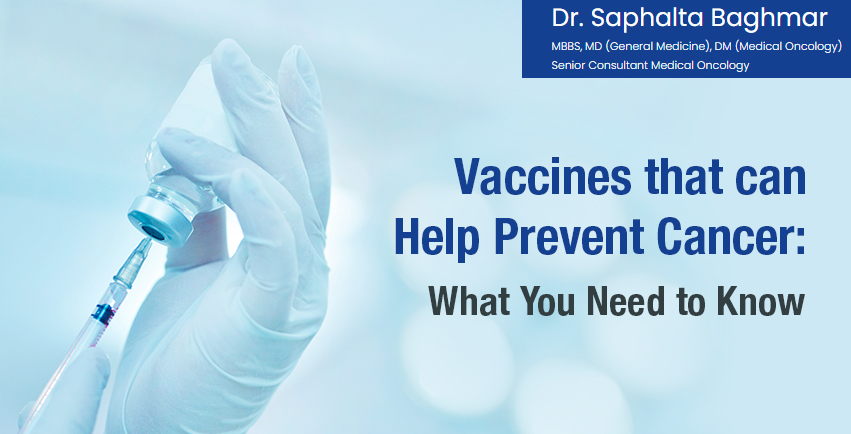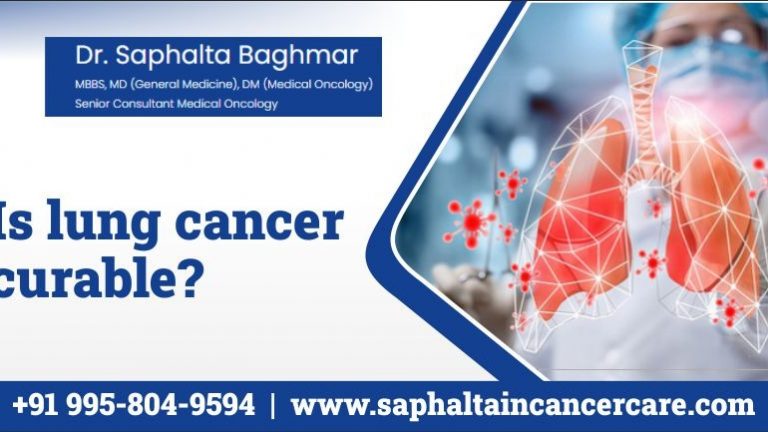One of the biggest fears that people have is getting cancer. While there are many types of cancer, they all have one thing in common: they can be deadly. Fortunately, there are vaccines available that can help prevent certain types of cancer from occurring. This blog post will discuss some of the most important vaccines for preventing cancer and how they work.
Vaccines to help prevent cancer
Cancer-preventing vaccines are not new. The first cancer vaccine was approved by the FDA in 2006. However, many people are still unaware of these life-saving vaccines. Dr. Saphalta, a board-certified oncologist, is here to educate us about cancer vaccines and how they can help save lives.
The most common cancer vaccine is the HPV vaccine. HPV stands for human papillomavirus, which is a virus that can cause cervical cancer. The HPV vaccine is typically given to girls and young women between the ages of 9 and 26. However, it is also recommended for boys and young men between the ages of 9 and 26. The HPV vaccine is very effective at preventing cervical cancer. It is estimated that the HPV vaccine can prevent up to 90% of cervical cancers.
Another common cancer vaccine is the hepatitis B vaccine. Hepatitis B is a virus that can cause liver cancer. The hepatitis B vaccine is typically given to infants at birth and then again at 6 months, 9 months, and 12 months. The vaccine is also recommended for adults at risk for hepatitis B, such as healthcare workers. The hepatitis B vaccine is very effective at preventing liver cancer. It is estimated that the hepatitis B vaccine can prevent up to 92% of liver cancers.
Vaccines against cancer-causing viruses are traditional preventive strategies. Despite their potential to protect against certain cancers, they do not directly attack cancer cells but they do not allow cancer to grow.
Only a few cancers are known to be caused by infections that can be treated with these types of vaccines. However, most cancers, including colorectal, lung, prostate, and breast cancers, are not thought to be caused by infections.
As we have discussed in the above section there are several vaccines available that can help prevent cancer. It is highly recommended that you and your family members should take advantage of these life-saving vaccines. Dr. Saphalta and her team are always available to help you with cancer treatment. Visit our website or give us a call today to learn more.
How do cancer prevention vaccines work?
Cancer prevention vaccines work by stimulating the body’s immune system to recognize and destroy cells infected with cancer-causing viruses. There are two types of cancer prevention vaccines: those that contain inactivated (killed) viruses and those that contain live, attenuated (weakened) viruses.
Inactivated virus vaccines are made from viruses that have been killed with chemicals or heat. These types of vaccines are safe for people of all ages, including pregnant women and young children. The inactivated HPV vaccine is an example of an inactivated virus vaccine.
Live, attenuated virus vaccines are made from viruses that have been weakened so that they can no longer cause disease. These types of vaccines are not recommended for pregnant women or people with weakened immune systems. The live, attenuated hepatitis B vaccine is an example of a live, attenuated virus vaccine.
Cancer prevention vaccines are most effective when they are given before a person is exposed to the cancer-causing virus. However, they can still be beneficial if they are given after exposure. For example, the HPV vaccine is most effective when it is given to girls and young women before they become sexually active. However, the vaccine can still provide some protection against HPV-related cancers for sexually active women.
Are cancer prevention vaccines safe?
Yes, cancer prevention vaccines are safe. They are made from viruses that have been killed or weakened, so they cannot cause disease. The most common side effects of cancer prevention vaccines are mild and include pain and redness at the injection site, fever, and headache. Serious side effects are rare.
Can cancer prevention vaccines be used for cancer treatment?
No, cancer prevention vaccines cannot be used for cancer treatment. Cancer treatment vaccines are different from cancer prevention vaccines, as they treat cancerous cells. However, cancer-preventing vaccines doest allow the development of cancer.
Who will benefit from cancer-preventing vaccines?
Cancer-preventing vaccines are given to people who have not been infected by cancer-causing viruses. The vaccines help prevent infection and, as a result, reduce the risk of developing cancer. Cancer prevention vaccines are most effective when given before a person is exposed to the cancer-causing virus. However, they can still be beneficial if they are given after exposure.
Cancer prevention vaccines are available for the following viruses:-
- Hepatitis B virus (HBV)
- Human papillomavirus (HPV)
- Epstein-Barr virus (EBV)
- Kaposi’s sarcoma-associated herpesvirus (KSHV)
- Merkel cell polyomavirus (MCPyV)
- Human T-cell leukemia viruses (HTLV-I and HTLV-II)
Dr. Saphalta, an experienced oncologist, will be able to help you determine if you are eligible for cancer prevention vaccines and which ones may be right for you.
FAQS
- How do cancer prevention vaccines work?
Cancer prevention vaccines work by protecting against infection with cancer-causing viruses. The vaccines help the body build immunity against these viruses, which reduces the risk of developing cancer.
- Who is eligible for cancer prevention vaccines?
Most people are eligible for cancer prevention vaccines. However, Dr. Saphalta will be able to help you determine if you are eligible for cancer prevention vaccines and which ones may be right for you.
- How much do cancer prevention vaccines cost?
The cost of cancer prevention vaccines varies depending on the vaccine. For example, the HPV vaccine is Rs. 3000 – 10000 per dose and is given as a series of one to three shots over six months.
- Are cancer prevention vaccines safe?
Yes, cancer prevention vaccines are safe. They are made from viruses that have been killed or weakened, so they cannot cause disease.


